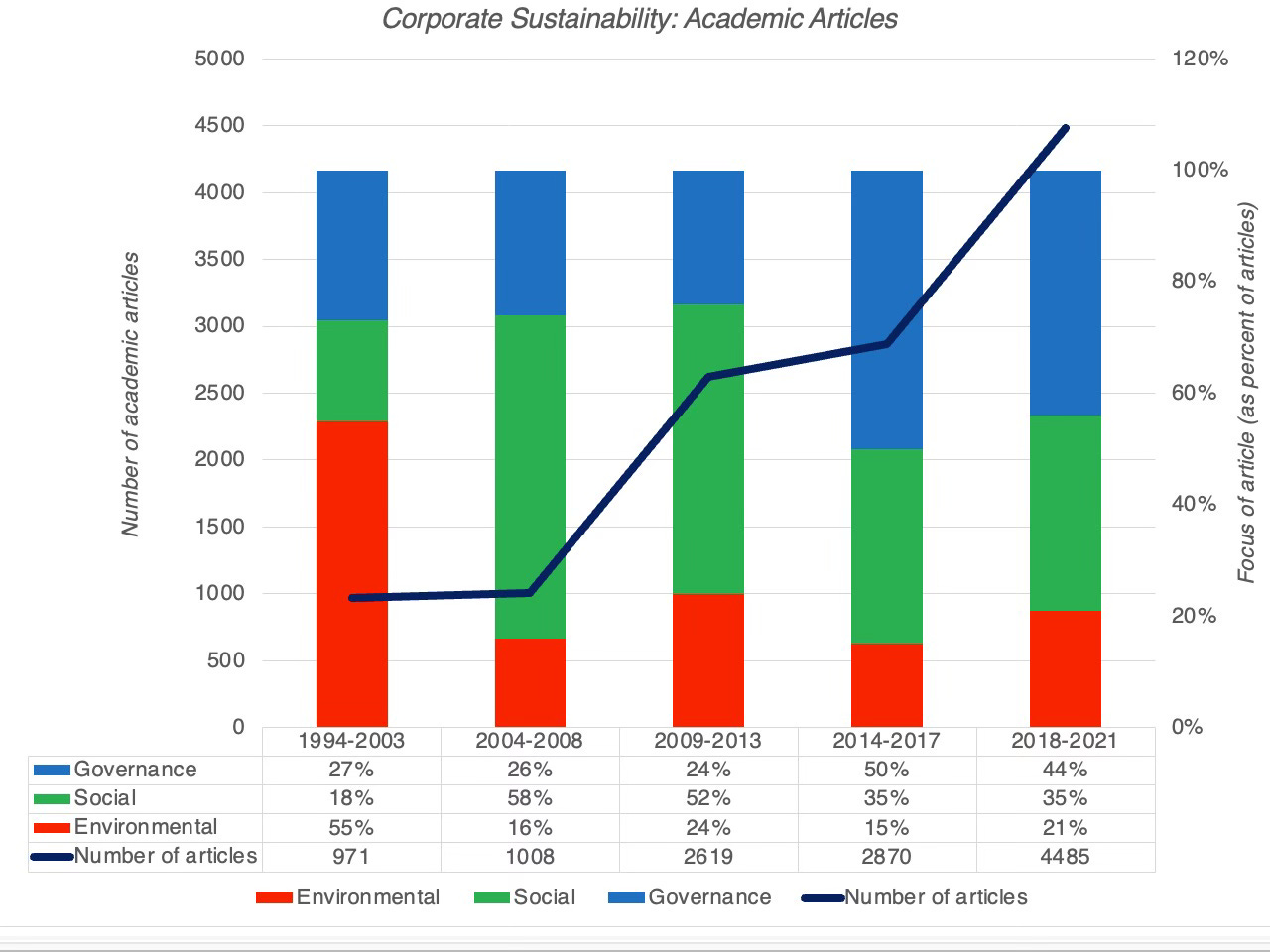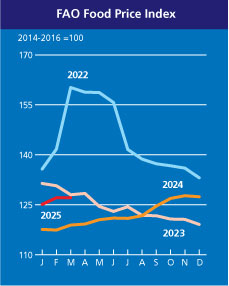Researchers warn that eating this amount of chicken per week could increase your mortality risk
Americans love chicken—but eating it as often as we do may not be as healthy as once thought.

When experts recommend the best diets for healthy aging, heart health, or to help prevent cancer and chronic disease, they often emphasize fruits and vegetables, legumes, and lean proteins like chicken or fish. And while dietary recommendations are increasingly shifting more plant-based, chicken is still considered one of the healthier meat options—and Americans love it: On average, Americans consume over 100 pounds of chicken per year. But eating that much chicken may not be as healthy as once thought, according to a recent study published in the journal Nutrients.
In the study, researchers investigated the connection between poultry consumption, gastrointestinal cancers, and early death. Poultry refers to all forms of birds, including chicken, turkey, duck, and game birds like quail and pheasants. Examining data from 4,869 middle-aged Italian participants over 19 years, who answered surveys about their food and beverage consumption, researchers found that white meat consumption (rabbit and poultry) was highest among those who died of gastrointestinal cancers—colon, liver, pancreatic, stomach, esophageal, and rectal cancer, for example—with poultry intake accounting for 33% of their white meat intake.
People who consumed over 300 grams of poultry per week—about 3.5 three-ounce servings—had a 27% higher mortality rate from all causes. For men in particular, that rate jumped to 61%. For gastrointestinal cancer specifically, they found that consuming 100 to 200 grams of poultry per week was associated with a 65% increased risk of death from gastrointestinal cancer compared to other cancers, while participants who consumed over 300 grams of poultry every week were 127% more likely to die from gastrointestinal cancer, with this risk even greater at 161% for men.
How much chicken should you eat?
According to the study, the less poultry consumed the better. While the Dietary Guidelines for Americans recommends that adults should eat 26 ounces per week of lean meat and poultry (in a 2,000-calorie diet), following the study’s guidance of less than 300 grams per week would mean consuming no more than 10.5 ounces of chicken per week.
“Our results show that consumption of more than 100 grams per week of poultry was associated with an increased risk of death both from all causes and from gastrointestinal cancer,” the study authors wrote. As poultry consumption increased, so did mortality risk—and the results were even more pronounced for those who consumed higher portions of red meat.
Study participants, who at age 83, consumed less than 100 grams of poultry per week had half the mortality risk from gastrointestinal cancer than those who consumed more than that.
Researchers also suggested that the way chicken is cooked may affect how it impacts your health. White meat cooked at higher temperatures—like grilling or barbecuing—or for long periods in a stew could form high levels of agents that cause genetic mutation, which could influence the development of gastrointestinal cancers.
Pay attention to overall meat consumption
Researchers found that overall meat consumption plays a substantial role in mortality risk—even when following one of the most recommended diets for overall health.
Participants who died of non-gastrointestinal cancers had diets where red meat accounted for over 65% of their total meat intake, as compared to 56% and 58% among those who died of gastrointestinal cancers and other causes, respectively. Over half of cancer-related deaths occurred in people who consumed over 400 grams of meat every week—even when on the Mediterranean diet.
“We believe it is beneficial to moderate poultry consumption, alternating it with other equally valuable protein sources, such as fish,” the authors wrote. “We also believe it is essential to focus more on cooking methods, avoiding high temperatures and prolonged cooking times.”
For more on diet and health:
- The healthiest agers followed this diet, according to a sweeping 30 year longevity study
- The 4 best diets for heart health, and 1 to avoid
- The number one diet change to lower your cancer risk, according to experts
- Just one simple dietary change could help you fight back against cancer and heart disease
This story was originally featured on Fortune.com








































































































































































